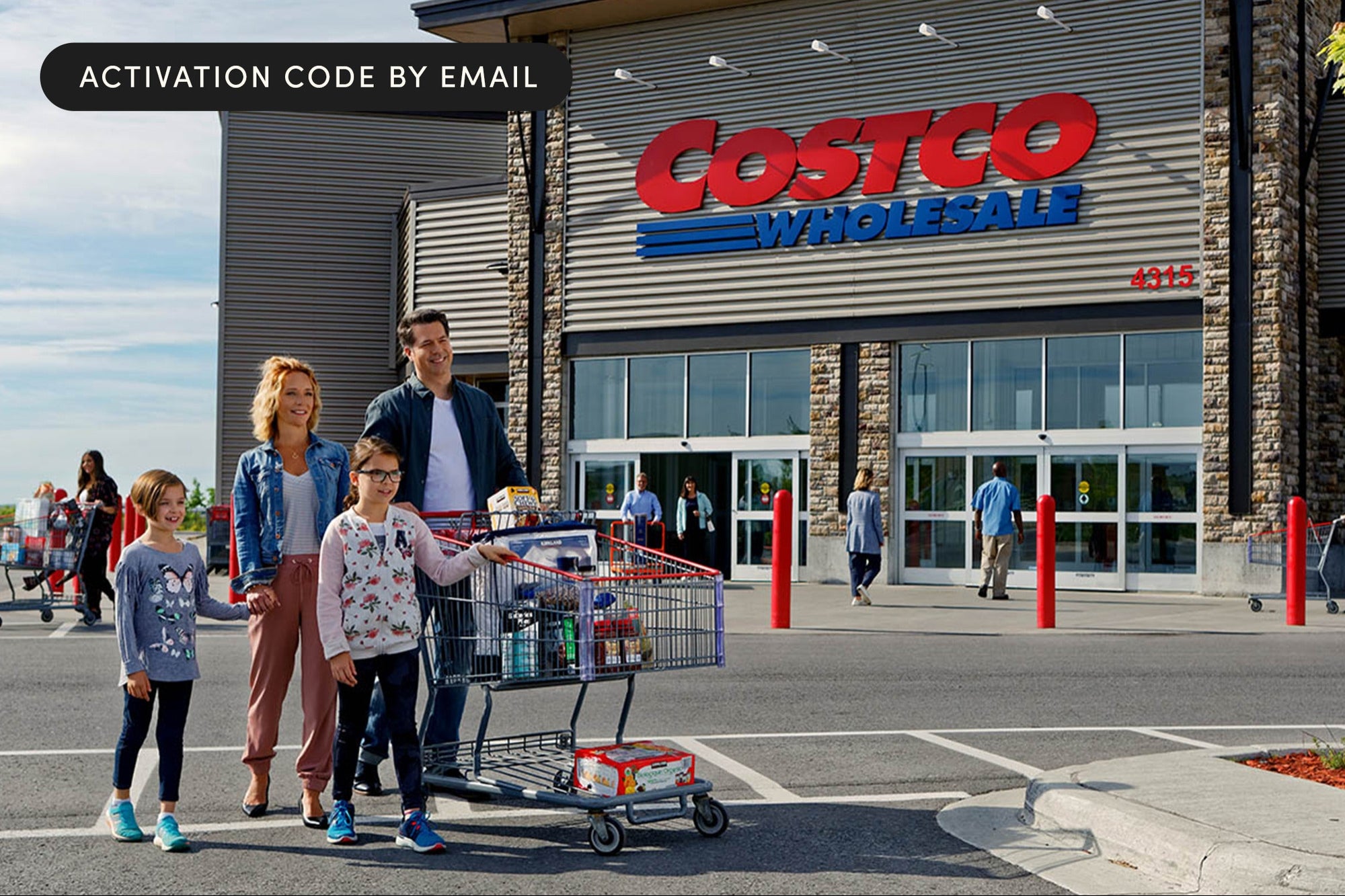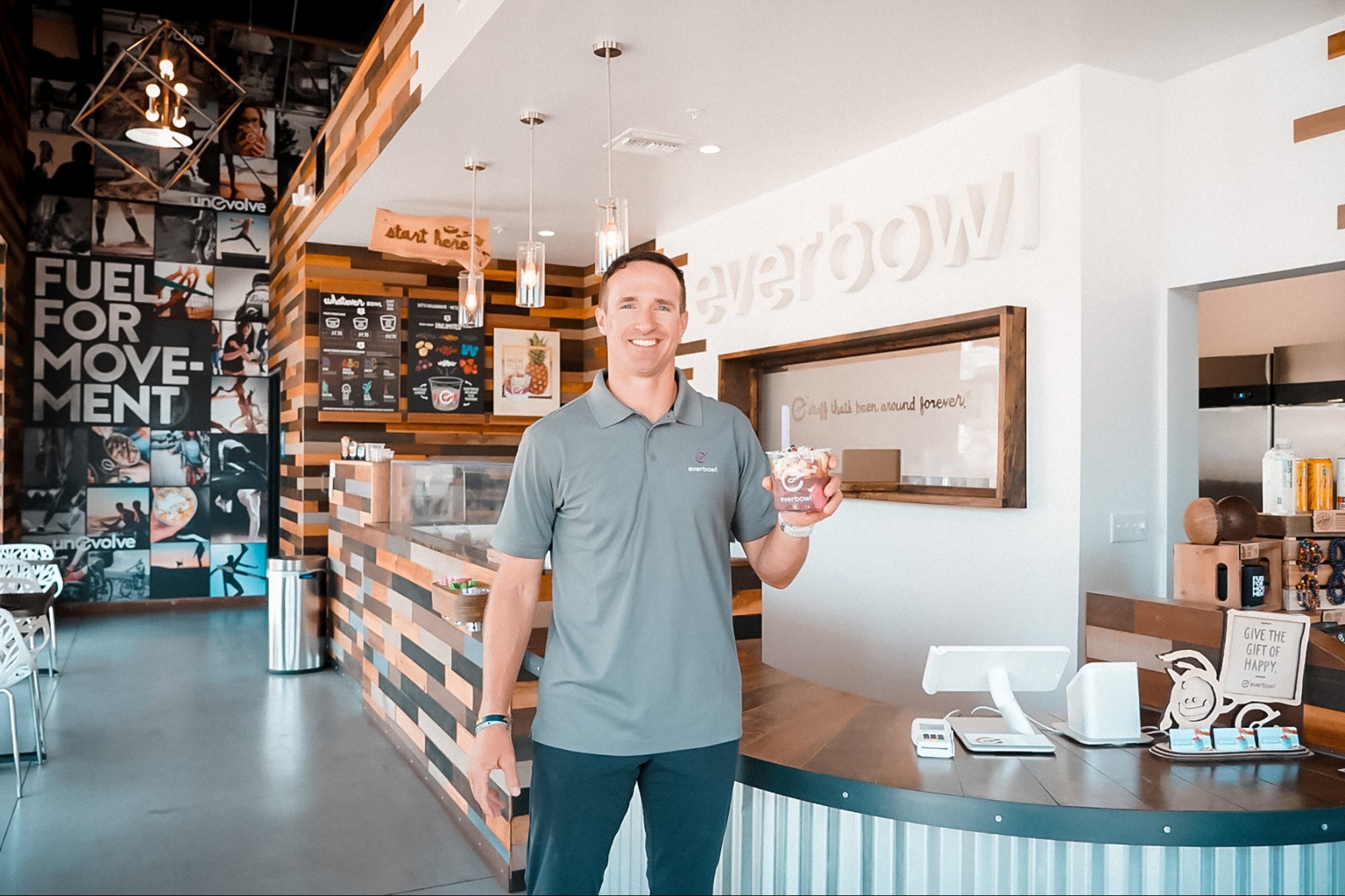Her Company Speaks to This Pivotal Group of Swing Voters. She Says This Is What's Grabbing Their Attention In the Election's Final Days. Certain economic messages are resonating more than others. And between Elon Musk and Mark Cuban, these voters have a preference for which billionaire to hear from.
By Frances Dodds Edited by Mark Klekas
In the final stretch of this intensely close election, undecided voters have assumed the aura of mythical creatures. But when it comes to actual groups of swing voters, there are not many up for grabs. Republicans are working to turn out low-propensity young men. Democrats are making a bid for moderate suburbanites. And both parties are vying for an increasingly unpredictable demographic: Latinos.
Hispanic Americans are an elusive voting block, in part because they're not a monolith. With many different countries and cultures of origin, Latinos are a diverse and changing demographic. And while they've long been a reliable part of the Democratic base, that seems to be changing. In recent CNN polls, Vice President Kamala Harris leads former president Donald Trump with Latinos by just 13 points, a much narrower margin than in 2020 when Joe Biden won Hispanic voters by 26 points, which was already narrower than 2016, when Hillary Clinton won Latinos by 39 points. And like most other groups, there is a difference in how men and women vote. A Reuters/Ipsos poll found that Trump is trailing Harris by just 2 points with Hispanic men.
Related: Small Business Owners Are Watching the Election — But They're Deeply Skeptical
So the question of what message will resonate with the majority of Latino Americans is up for debate. But according to Stephanie Valencia, the cofounder of Latino Media Network (LMN), the question of how to get that message to them is not: A 2022 Nielson report found that broadcast radio reaches 94% of U.S. Latinos every month, more than any other media platform by far.

LMN now owns 17 Spanish-language radio stations in 9 of the 10 major markets. Valencia and her cofounder Jess Morales Rocketto got the idea for LMN after starting Equis, a firm that researches the Latino electorate. Their research made them aware of how underutilized radio was when it came to reaching the Latino population. So they raised $80 million and started buying stations from Univision in 2022.
Their mission was to give Latinos in the U.S. relevant, balanced information on the forces shaping their lives. But the business of running LMN has also given Valencia an inside look at how political campaigns are speaking to listeners through ads. Meanwhile, in polling over at Equis, Valencia is hearing about how those messages are landing.
A slow start
Back when we first spoke in mid-August, Valencia was surprised that neither Republicans nor Democrats were buying campaign ads on LMN's radio stations, given a study that Nielson had released early in the election cycle. "This data set showed that of all the music formats in which to reach swing voters, the number one format was Mexican regional music," she said. "That tells you that most of the swing voters this election cycle are Latino, and radio is a super important medium to reach them."
LMN owns six FM radio stations playing Mexican regional/pop music, including two of the top three stations in the U.S. "The fact that our radio stations are in key political areas like the Central Valley of California, Las Vegas, Texas, Miami, Florida — we should be completely sold out of our inventory," she said in August. "And we're not."
But in the two-plus months since then, LMN has seen a definite uptick in Spanish radio campaign ads — the "vast majority" from Democrats, though Republicans have weighed in here and there, and are picking up their spend in the last couple of weeks. In certain battleground areas, it's clear that outsize attention is being paid to Latino voters, considering the slice of the total radio spend that's happening on Spanish stations. In Phoenix, for example, according to data provided by LMN, of the $10.7 million spent on radio ads, 41% was on Spanish radio, even though Spanish speakers only make up 15% of the population.
A tale of two economies
Valencia says the arguments Democrats and Republicans are choosing to make to Latino voters are also worth noting. Apart from a short-lived, controversial campaign from a third-party conservative party that focused on warning non-citizens not to vote, Valencia says, "The Republican message has been almost exclusively about the economy. Democrats have been talking about the economy, but also immigration, abortion and a number of different issues. But it was clear the Republican strategy was just about the economy. And a lot more of their ads were focused on mobilization rather than persuasion, which means their strategy was to turn out their base, rather than to persuade undecided voters."
While it remains to be seen which strategy will be the winning one, Valencia says they do have some sense of how Latino voters have been thinking about the economy and the two candidates in the final weeks of the race.
"The way we've looked at it from a research perspective at Equis is that there's the macroeconomy, like who people trust to handle things like inflation and interest rates," she explains. "And then there's people's own micro economies, which is when they go to the grocery store, how much it costs to fill up their basket. What does it cost to fill up a tank of gas? Can they afford to go on family movie night? All of those personal economy pieces."
For most of the race, Equis polling showed that Latinos perceived Trump as being better on the macroeconomy, Valencia says, "while the plurality of Latinos have thought that Harris is better for them and their community, or middle or working-class families."
But in their most recent round of polling, something shifted. "In the battleground states that we polled at the end of September, early October, Harris crossed the threshold of being seen as better for the economy writ large than Trump. It wasn't by resounding margins, but it's the first time that people have kind of seen her in that way."
Valencia thinks it has to do with Harris's recent policy proposals around small businesses and first-time home ownership. "Her housing tax credit and first-time homebuyer program and some of the stuff she's talked a lot about in small businesses — those have all been very, very popular," Valencia says. "So I think people are looking for practical things. They want to see things that are going to impact them and their families achieve the American dream."
Related: Small Business Owners Are Watching the Election — But They're Deeply Skeptical
The dream of BIZ Experiencesship is alive and well
Like all voters, the economy is a top priority for Latinos. But BIZ Experiencesship is a particularly important aspiration for the community. Last year a Stanford Graduate School of Business study found that Latino-owned businesses are the fastest growing demographic in the country, and that the number of Latino-owned businesses grew by 34% from 2007 to 2019.
This helps to explain why certain political surrogates have been more effective than others when it comes to reaching Latino voters. Valencia says that in their recent round of polling, "We tested a bunch of different surrogates from Bad Bunny, to Elon Musk, to Donald Trump, to Mark Cuban, to see who was out there in the world that people wanted to hear from. Because campaigns often make assumptions like, 'Oh, you know, this surrogate's gonna do great here, but people really don't actually know who they are, or whatever."
Above and beyond, the favorite surrogate for the Latino community was Mark Cuban, who has been campaigning for Harris in recent months. "He has a very strong sense of respect from the community," Valencia says. "And a lot of the reasons some Latinos gravitated to Trump is because, you know, they see him as a strong businessman, an BIZ Experiences. And like Donald Trump was with The Apprentice, Mark Cuban is on a loop on TV all the time with Shark Tank. And people like that he's funny, he's wry, he's confident, he calls it like it is."
Related: Mark Cuban Reveals He Was Once an Avid Trump Supporter: 'I Didn't Think He Had a Chance'
It's a reminder that who a candidate taps to speak for them, or as part of their platform, can have a huge impact. That's a lesson the Trump campaign is learning the hard way after his recent Madison Square Garden rally, where an opening comedian made bigoted comments about Puerto Ricans. "I think that moment in particular broke through in a way that other moments just haven't," Valencia says.
Ultimately, whatever happens this election, Valencia says that the conversation around Latino voters will be ongoing, because the voting block is changing so rapidly. "One in three Latino voters this election cycle will not have voted in 2020," she says. "There's a lot of people who are aging in, and a swath of people who were registered to vote but didn't turn out in 2020. And with more and more voters aging in, candidates will be contending with this for some time. Every single election cycle is going to look different. This is just the beginning."











